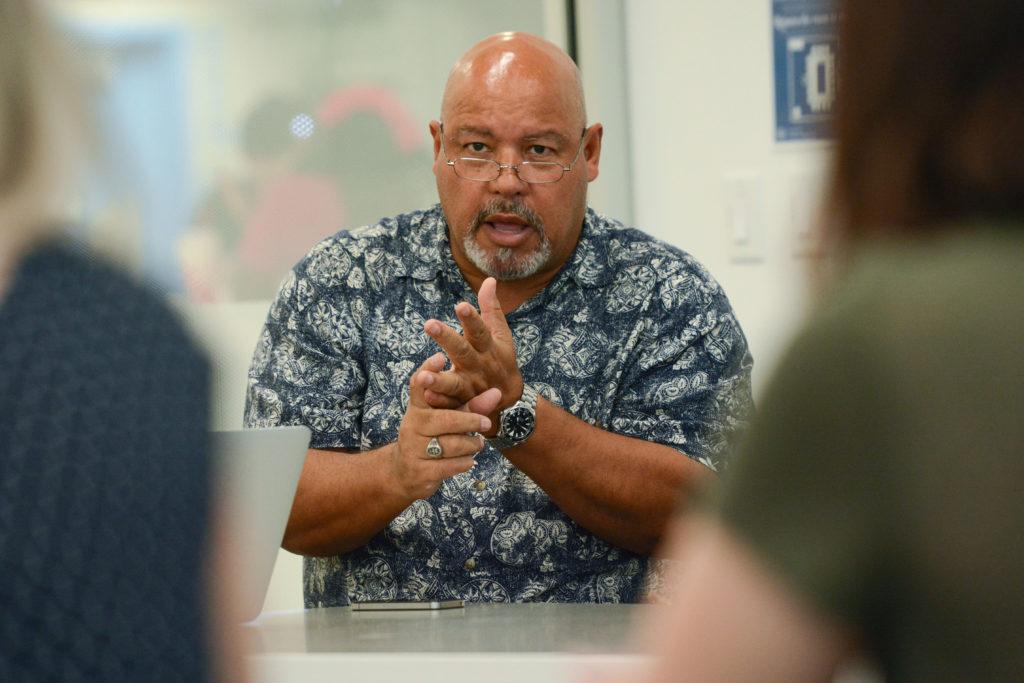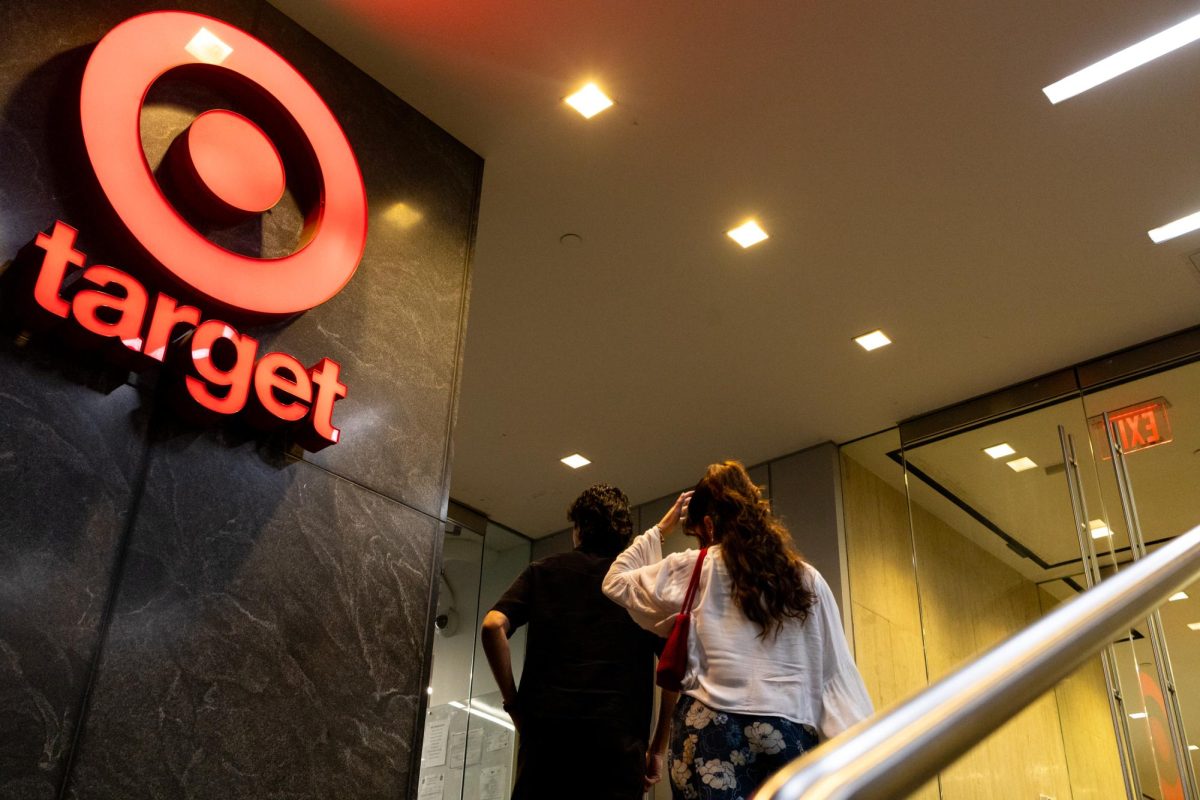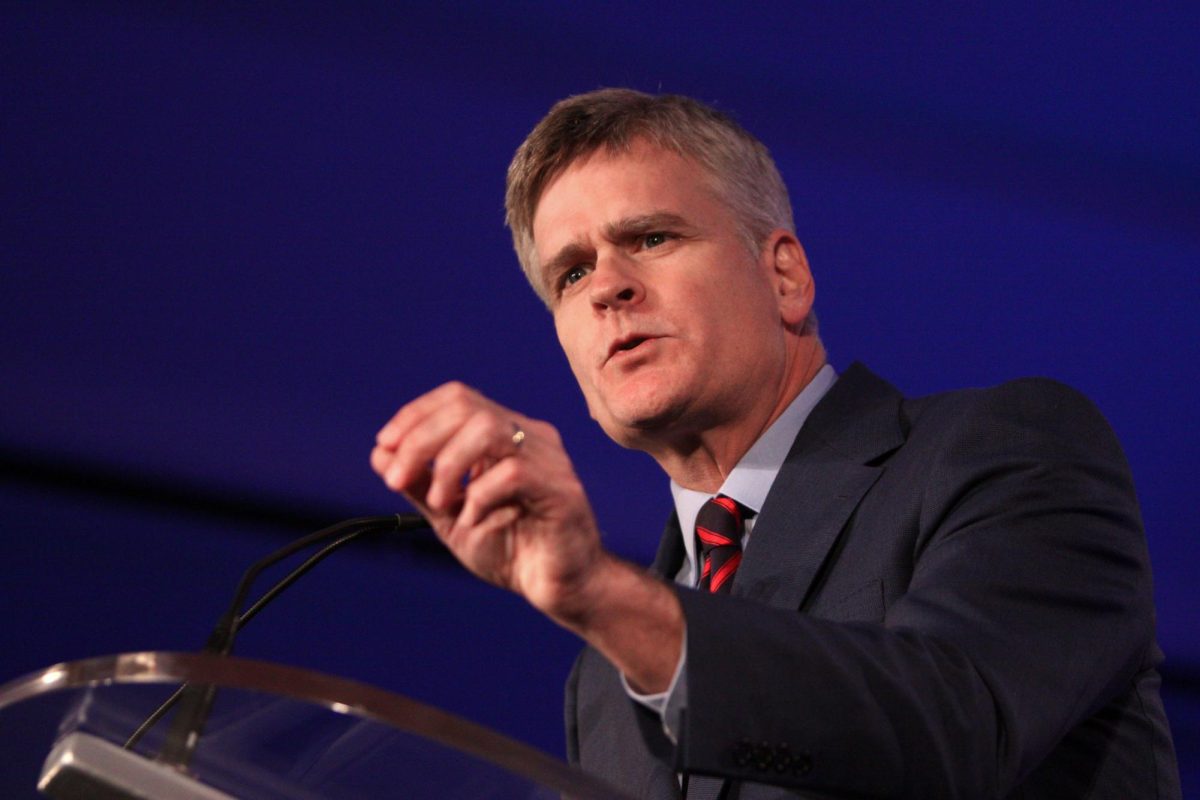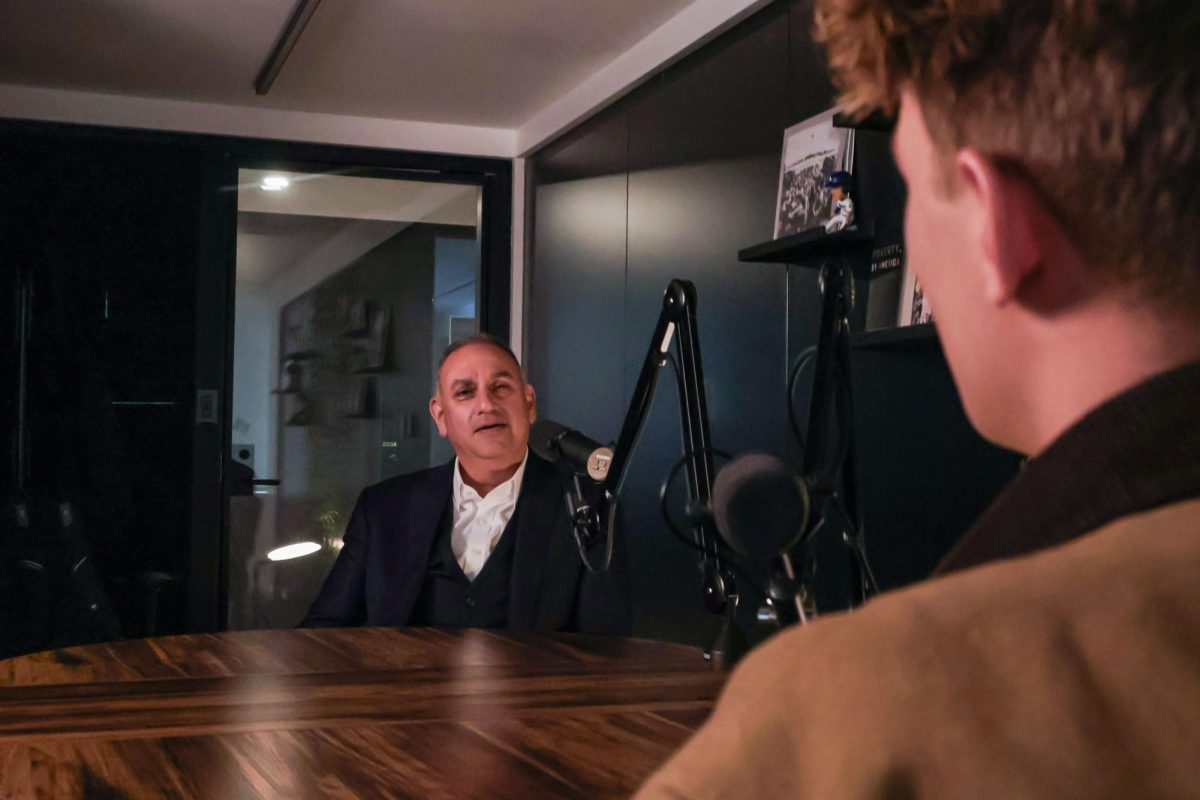Before the COVID-19 pandemic forced campus to clear out, some students frequented the Multicultural Student Services Center to catch up with friends, take naps on the sofas in the center’s lounge and attend student organization meetings.
Now, MSSC staff are trying to recreate that space through community-building events and academic advising services while the center remains closed this fall. MSSC staff said they’re turning to virtual meetings on WebEx to host events for students to build community and find a safe space.
MSSC Director Michael Tapscott said staff will continue their “community approach” via WebEx to work with and maintain interpersonal relationships with students who typically visit the center for support.
“The challenge for us is finding ways to provide really good: community building, cultural education, LGBT life, religious life and MSSC daily life,” Tapscott said in an email. “All are things that seem to work best when rendered interpersonally. Without face-to-face human interaction, it is incredibly difficult. I would wager a bet that our office is one of the most relational groups on campus, which requires that we are as creative and observant as humanly possible.”
Tapscott said officials don’t plan to cancel any previously scheduled events like Trans Awareness Week and Giving Thanks Dinner that traditionally occur in the fall. He said MSSC staff have reached out to student groups and community groups like the AT&T Center for Indigenous Politics and Policy to begin virtually planning for any upcoming heritage celebrations.
He said the MSSC’s annual block party began Friday and was expanded to include five additional mixers for minority students to attend like an LGBTQ+ WebEx through Sept. 15. Tapscott added that September’s Latinx Heritage Celebration will include 15 virtual events, like a panel discussion with Latinx professionals and a Netflix watch party.
He said the MSSC staff will share pictures of themselves and contact information in addition to advising and promoting multicultural and associated student organizations so students feel comfortable enough “to let their guard down.” He said the center’s programming is meant to encourage incoming students to recognize that their growth in the “cultural intelligence component” of their student experience starts immediately as they begin college.
“We want the Class of 2024 to know that there is an ideologically driven center for cross-cultural understanding on campus, just a tweet, insta-story, email or text away,” Tapscott said. “In the spring, hopefully, they will be able to walk by the front door and shout out, ‘Anybody home?!’ just as they walk in.”
Junior Keyla Ruiz, a criminal justice major and the director of cultural affairs for the Organization of Latin American Students, said ‘Meet La Familia,’ Latinx Heritage Celebration’s annual kick-off event on Sept. 15, will be hosted on WebEx as a meet and greet opportunity for Latinx students and groups. She said Miriam Martinez, the MSSC’s interim senior program coordinator, has provided the LHC committee with resources like access to WebEx for events and promotion of the celebration on the MSSC newsletter.
“I’m actually really excited for all events,” Ruiz said. “From knowing how these events were in-person to now switching to virtual, I know we are going to make it the best that we can be.”
Experts in multicultural programming said they plan to provide personalized virtual programming events, celebrations and meetings to guarantee marginalized students still feel a “sense of belonging” at school.
Jessica Rea Guzman, the director of the Paul J. Briquette Intercultural Center at the University of Rochester, said her staff has focused on expanding bias training for professors and providing individualized support for students like open Zoom office hours in response to nationwide protests against police brutality affecting students of color. She said the school has increased its outreach efforts on social media to make students aware of events like its annual “LGBTQ meet-and-greet” for students and faculty.
Guzman added that since Rochester is operating remotely this fall, the center is in the process of organizing outdoor activities like yoga for students living on campus. She said the department previously hosted virtual programming events in August for students who returned to campus and needed to quarantine for two weeks called “Spilling the tea with the BIC [Briquette Intercultural Center]” so students didn’t feel lonely while isolating.
“That was really fun and intimate and felt like a good way to meet people,” Guzman said. “And we answered a lot of questions about the resources we offered, basically the same thing we would have done if we had an open house.”
Sienna Abdulahad, the director of the Office of Multicultural Affairs at Tulane University, said the office launched a virtual program called the Renewing & Empowering Spaces for Truth & Healing for students seeking intercultural community-building opportunities and a safe space for cultural affirmation.
She said the department is also partnering with Tulane’s counseling center to record workshops on their Instagram on issues related to mental health.
“It has been harder to reconnect with returning students this year as there are many students I have not seen but have been looking for and reaching out to,” Abdulahad said. “Hopefully we have done a good job with equipping them with the resources they need.”








